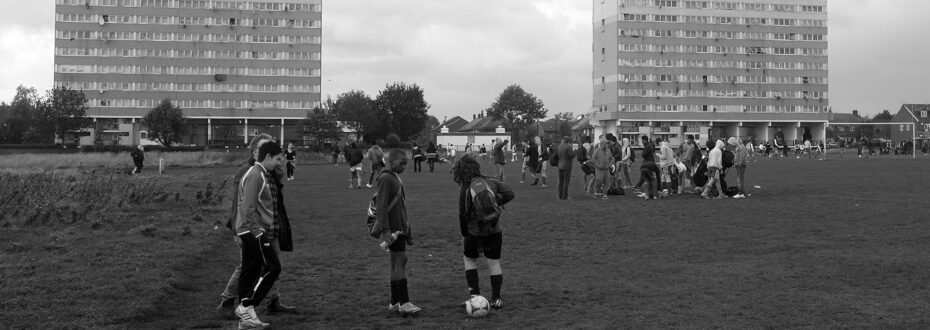Tackling poverty must be a major public health imperative to protect people’s mental and physical health, according to a briefing paper published today by Centre for Mental Health.
Poverty, economic inequality and mental health, by Ed Davie, explores evidence about the links between poverty, deprivation, economic inequality and mental health. It reviews international evidence showing a direct causal link between both relative and absolute poverty and mental health. It shows that living in poverty increases people’s risk of mental ill health. Moving people out of poverty improves mental health, especially for children. And more unequal societies have higher overall levels of mental ill health.
The briefing reviews evidence from the UK that shows higher levels of depression in areas of greater deprivation, a higher suicide risk among the poorest in society, and more use of the Mental Health Act. The briefing also demonstrates that poverty and economic inequality intersect with structural racism to undermine the mental health of racialised and marginalised groups in society.
Poverty, economic inequality and mental health reviews evidence about why poverty and financial inequality harm mental health. It finds that struggling to get by creates stress, puts children at greater risk of adversity, and makes families more likely to live in places that are unsafe, more polluted and at greater risk from heatwaves.
The briefing also shows that lifting people out of poverty leads to better mental health. Anti-poverty measures such as increasing people’s incomes, help with housing and childcare costs for the least well-off, and improving access to vital services in the most deprived areas will all benefit public health by reducing people’s risk of poor mental health.
Centre for Mental Health chief executive Dr Sarah Hughes said: “Poverty is toxic to our mental and physical health. As living costs rise and the wealth gap grows, it is vital that the next Prime Minister tackles poverty and financial inequality as a public health priority. It is also important for local councils, health services and businesses to do what they can to end poverty. The result will be a mentally healthier society for us all.”



